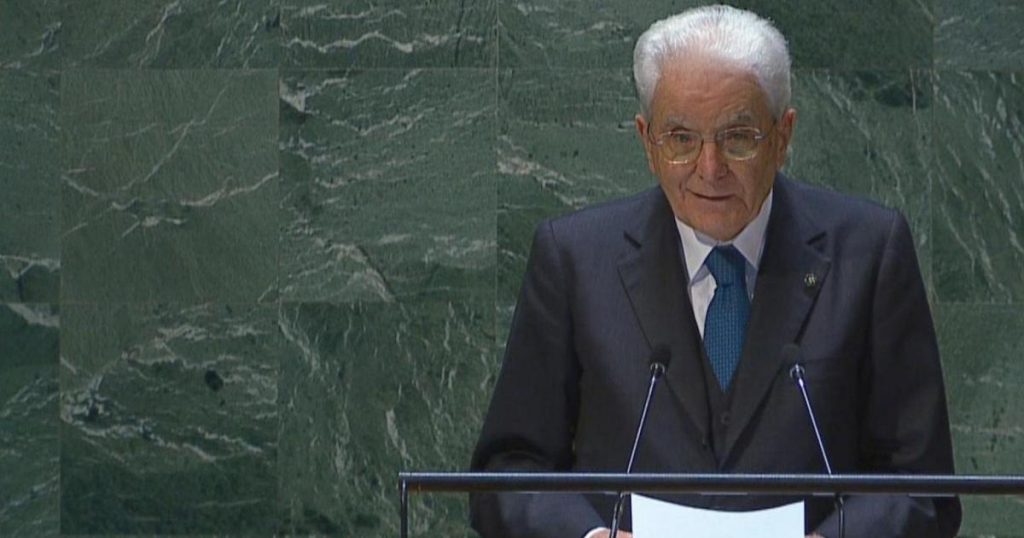The need to end the chain of actions and reactions in the Israel-Palestine conflict is emphasized in order to finally achieve a stable peace. The solution is seen as dependent on the mutual recognition of Israel and Palestine as two separate states, with Israel’s security being acknowledged by other countries in the region. The call for a ceasefire, as demanded by the UN Security Council Resolution 2728, unconditional humanitarian access to the population of Gaza, the release of hostages taken during the inhumane attack of October 7, and immediate cessation of support for terrorist organizations are stressed as necessary steps for a common diplomatic action.
It is pointed out that the most violent conflicts cannot justify the violation of humanitarian laws established by the Geneva Conventions of 1949, which aim to protect civilian populations. The importance of upholding these laws in the midst of the Israel-Palestine conflict is highlighted, especially in light of the suffering experienced by civilians caught in the crossfire. The need for continued humanitarian efforts and adherence to international laws is reiterated as crucial for addressing the ongoing crisis.
Furthermore, the role of the United Nations Relief and Works Agency for Palestine Refugees in the Near East (UNRWA) is recognized as essential in providing assistance to Palestinian refugees in the region. The importance of continuing to finance UNRWA in order to support their vital work in aiding displaced populations is emphasized. The agency plays a key role in providing essential services and support to those in need, and it is crucial to ensure its continued operation in the midst of the conflict.
In addition to supporting UNRWA, it is emphasized that a comprehensive resolution to the Israel-Palestine conflict requires a shared vision of peace and stability that includes the recognition of both Israel and Palestine as independent states. This entails acknowledging Israel’s right to security and the need for all parties involved to work towards a lasting peace settlement. Diplomatic efforts must be focused on bridging the divide between the two sides and creating a sustainable solution that addresses the root causes of the conflict.
The urgency of ending the violence and finding a peaceful resolution is underscored as a priority in order to prevent further suffering and loss of life. The call for a cessation of hostilities, humanitarian aid to Gaza, release of hostages, and cessation of support for terrorist organizations is reiterated as crucial steps towards de-escalating the conflict. It is essential to prioritize humanitarian concerns and uphold international laws to protect civilian populations caught in the midst of the conflict.
In conclusion, the key message is the importance of prioritizing humanitarian concerns, upholding international laws, and working towards a sustainable peace settlement in the Israel-Palestine conflict. The need for mutual recognition of Israel and Palestine, support for UNRWA, and diplomatic efforts to address the root causes of the conflict are highlighted as crucial steps towards ending the violence and achieving a lasting peace. It is imperative for all parties involved to work together towards a common goal of stability and security for both Israelis and Palestinians in the region.


